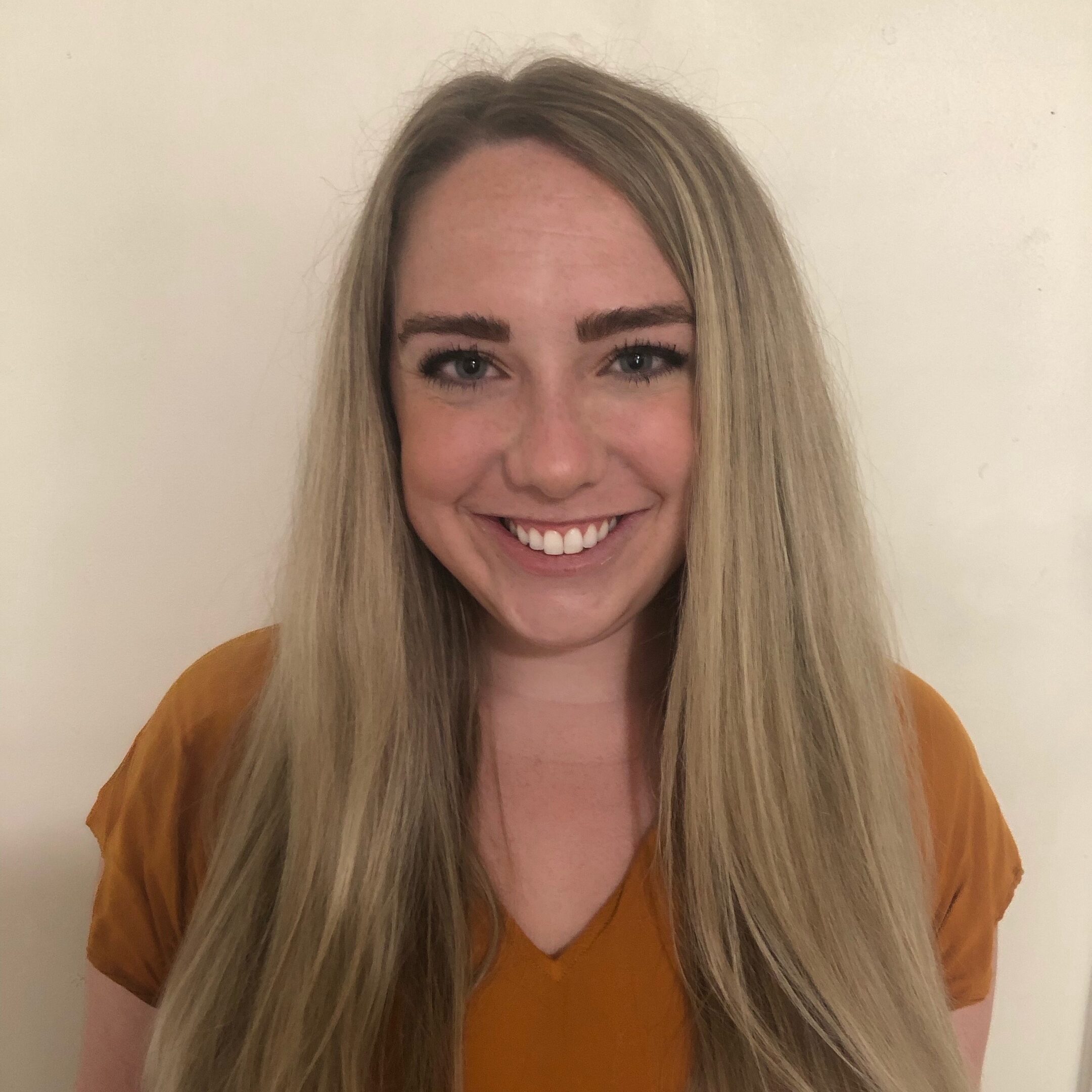Beck Institute is pleased to welcome back Dr. Morgan Hagner, who recently joined our clinical team as a postdoctoral fellow. Dr. Hagner worked at Beck Institute from 2017 – 2023 in various administrative roles providing support to our communications and training teams while earning her doctoral degree from the Philadelphia College of Osteopathic Medicine. She completed a rigorous clinical placement in one of the top CBT training programs in the country where she gained a great deal of experience treating older adolescents and adults experiencing a range of challenges, including depression, anxiety, PTSD, ADHD, disordered eating, and women’s health issues. She now sees clients at Beck Institute under the supervision of our acting Director of CBT Programs, Dr. Sofia Chernoff. We are thrilled to have her back on our team and recently sat down with her to discuss her journey to becoming a CBT therapist.

Why did you want to become a therapist?
I knew early on that I wanted to pursue a career in social services and started on a pre-law track. However, I was drawn to work as a therapist to help people overcome barriers and improve their lives in a different way. Being a therapist has given me the opportunity to directly teach, guide, and support individuals through their personal challenges. It’s empowering to work with clients and see them try new things, improve their mood, and pursue their goals with renewed confidence and resilience.
What is your favorite thing about CBT?
This is twofold for me: collaboration and conceptualization. They bring together the humanistic and scientific aspects of therapy while allowing for creativity. I often frame collaboration as “the opportunity for two brains to work together and help {the client} make meaningful changes,” a therapeutic twist on “two heads are better than one.” Conceptualization is the framework to understanding the individual and creates a bridge from where they are to where they aspire to be. Treatment is much more successful and impactful when collaboration and conceptualization are prioritized.
What do you hope to gain from your post-doctoral work at Beck Institute?
I strongly believe that learning CBT is a lifelong endeavor. So, I hope to continue learning and growing as a clinician and to develop skills to be a CBT teacher, supervisor, and consultant. I look forward to supporting projects that help teach and disseminate CBT to clinicians and extend quality mental health care across various communities.
As someone who has worked at Beck Institute on both the training side and now the clinical side, what would you say to someone who was considering CBT training at Beck Institute?
The short answer – go for it! To elaborate, I’ve had the opportunity to see to the initial development phases all the way through to the refined Beck Institute trainings. In my previous Beck Institute roles, I received a consistent stream of positive feedback from trainees regarding the quality and practicality of the courses and supervision – something that many trainees say was missing from their prior training. Now, as I navigate through Beck Institute’s course catalog myself, I’m having a similar experience. Beck Institute’s approach to teaching the CBT model is both comprehensive and pragmatic, playing a pivotal role in my ongoing development as a clinician and enhancing my clients’ experiences.
How do you spend your time outside of work?
I like to spend my free time trying new restaurants, going on walks with my dog, visiting new places, doing something creative, and being with friends and family. Currently, I am learning Italian in preparation for an upcoming trip to Italy!